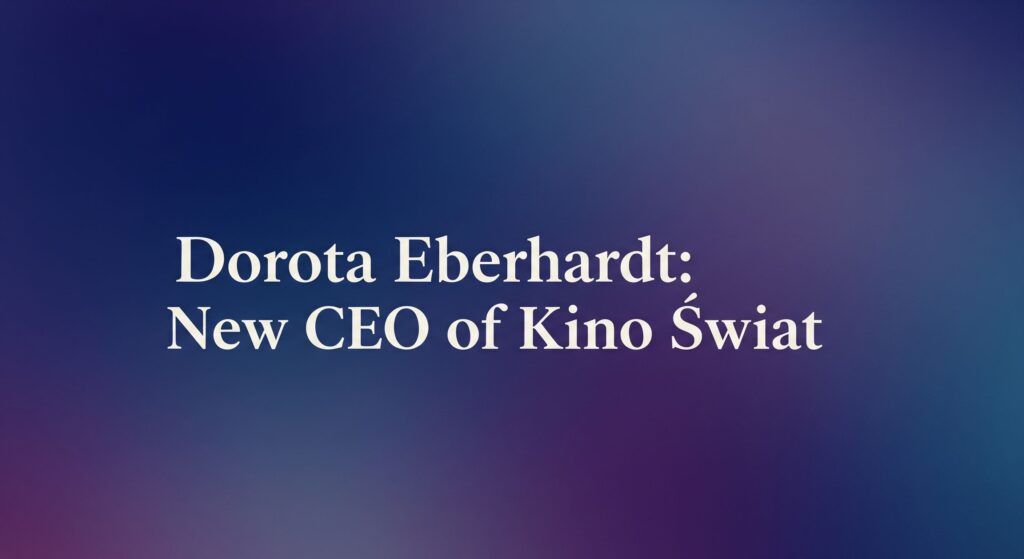In the heart of a lava field on Iceland’s Southern Peninsula, the crew of “The Fires” prepares for their next shot. Nearby, producer Grímar Jónsson and other team members enjoy a coffee and pastry break in an RV close to a picture car situated on a truck bed inside what appears to be a crater. A makeup artist, battling the strong winds, is applying final touches to the film’s lead as steam from the renowned Blue Lagoon rises in the distance.
This stunning backdrop is typical of Iceland, which has experienced a significant boost in film production since its production rebate for larger qualified projects increased from 25% to 35% two years ago.
“The Fires,” with a shooting schedule of 28 days, is the latest film to complete production in the country, which has been attracting major projects such as HBO’s “True Detective: Night Country” in 2023, as well as CBS Studios/BBC’s historical series “King and Conqueror” and Lasse Hallström’s Nordic noir “The Darkness,” also for CBS Studios.
The crew for “The Fires” is relatively small, especially compared to the larger team that director Ugla Hauksdóttir managed during the filming of FX’s ambitious series “Alien: Earth” earlier this year. However, this commercially-focused project, inspired by a well-regarded Icelandic novel, couldn’t be more relevant—especially since the nearby town of Grindavik was recently evacuated due to eruptions from the Sundhnúksgígar volcanic series, with the volcano erupting again just last week, covering the nearby Blue Lagoon parking area in lava.
Producer Jónsson mentions that ensuring the crew’s safety was the primary challenge when filming near an active volcanic site. “We collaborated extensively with the police, the Icelandic Association for Search, Rescue & Injury Prevention, the Icelandic Coast Guard, and the Met Office,” he states.
Iceland has long been a favorite for filmmakers seeking breathtaking locations, such as Thorufoss Falls, featured in “Game of Thrones,” and the Vatnajökull glacier, which appeared as the ice planet in “Interstellar.”
The increased rebate has attracted millions in production investment—around $29 million for “True Detective,” marking the largest foreign cultural investment in the country. This high-profile shoot raised concerns among local filmmakers about whether lawmakers might prioritize foreign investment over homegrown talent that depends on government film funding.
However, director Baltasar Kormákur, a prominent advocate for the Icelandic film industry and owner of RVK Studios, asserts that this is not the case. He believes that spending by international productions positively influences local filmmaking in multiple ways: “It has genuinely improved the industry.”
Kormákur argues against the notion that the rebate is responsible for wage inflation or monopolizing crews. “Are you suggesting we should keep people unemployed so we can pay them less? As the industry expands, new demands arise, leading to increased salaries, which is healthy. I support that; I don’t want to keep anyone down,” he explains.
Conversely, producer Jónsson warns that the government must maintain robust subsidies for local producers, particularly as international shoots have driven up wages and production expenses. “In my opinion, targeted political support is crucial for sustaining domestic production and achieving a balanced ecosystem,” he asserts.
When Kormákur acquired property in an industrial area just outside Reykjavik, he aimed to create RVK Studios with the amenities he wished he had during previous productions. Instead of the noisy blowers typically found in soundstages, the expansive floors are heated using Iceland’s renowned geothermal energy, and Kormákur ensured that the stages included windows, allowing crew members to enjoy natural light during long shoots.
Kormákur is also in the process of developing a nearby neighborhood that will provide apartments, restaurants, and shops to foster a vibrant production community. After “True Detective” relocated its “Alaskan” research facility off the stages, RVK Studios most recently hosted the historical drama series “King and Conqueror,” featuring James Norton as King Harold of Wessex. Kormákur directed the pilot episode and co-produced the series, which utilized the studios for over six months, complete with extensive historical costumes and sets.
Iceland Film Commissioner Einar Hansen Tómasson highlights that diverse locations and screen tourism are only part of the larger picture. A key aim of the enhanced incentive is to nurture other sectors of the industry—ranging from VFX to scoring—with local orchestras.
“We want productions to remain in Iceland longer. We want them to utilize the infrastructure that Icelandic producers have bravely invested in,” he states.
Tómasson emphasizes that this exposure allows crews to gain valuable experience by collaborating with renowned directors like Clint Eastwood and Christopher Nolan. He also notes that local productions benefit from the same production incentives.
“This isn’t a competition; it’s a singular ecosystem from which everyone gains,” Tómasson concludes.
“Ultimately, this system strengthens the Icelandic film industry.”
Person
Grímar Jónsson, Ugla Hauksdóttir, Baltasar Kormákur, James Norton, Einar Hansen Tómasson, Clint Eastwood, Christopher Nolan
Company Names
HBO, CBS Studios, BBC, RVK Studios
Titles
The Fires, True Detective: Night Country, King and Conqueror, The Darkness, Alien: Earth, Game of Thrones, Interstellar
Disclaimer: This article has been auto-generated from a syndicated RSS feed and has not been edited by Vitrina staff. It is provided solely for informational purposes on a non-commercial basis.






























